
Mapping food waste from Norwegian grocery stores
In this pilot project, food waste in Norwegian grocery stores will be mapped to highlight effective measures and assess opportunities for increasing the use of biogas and combustion for feed.

In this pilot project, food waste in Norwegian grocery stores will be mapped to highlight effective measures and assess opportunities for increasing the use of biogas and combustion for feed.

SocialFeed will develop a firm foundation on social sustainability assessment specifically adapted to the Norwegian agri- and aquafeed sectors and evaluate the sector’s net social footprint.
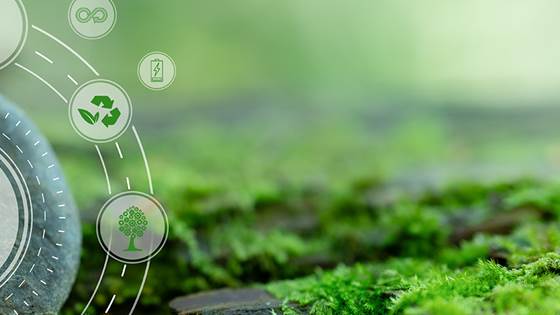
Carbon-negative pressurized hydrogen production from waste using an energy efficient protonic membrane reformer.

In the Gemini Center 'Equitable Partnerships for Global Impact', SINTEF and NTNU have joined together to better address the 2030 Sustainable Development Agenda’s imperative of “Leaving no one behind”.

A transdisciplinary project addressing the deep energy renovation of heritage buildings.

The Affordable Housing Initiative European Partnership
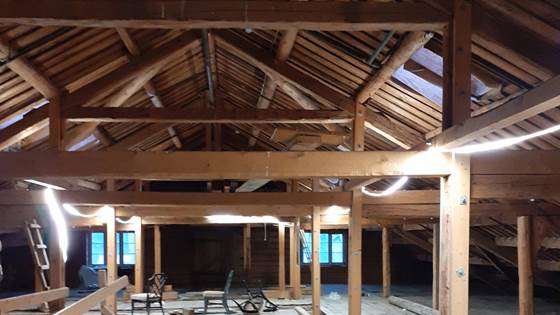
Framework for smart condition reassessment of reclaimed timber to extend the service life of long-lived wood products using non-destructive testing and automated data postprocessing
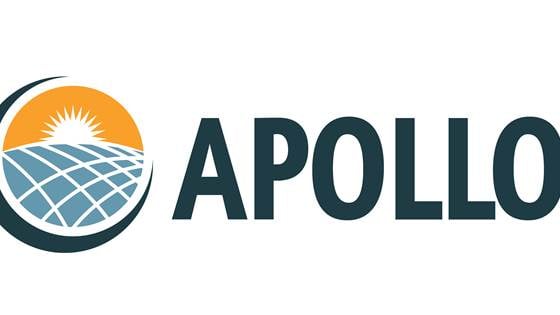
The APOLLO project is set to forge a circular system, intertwining traditional recycling practices with future manufacturing and recycling processes for Photovoltaic (PV) waste modules.

Rethinking placemaking and the 15-minute concept through the lens of social inclusion, diversity and the Sustainable Development Goals
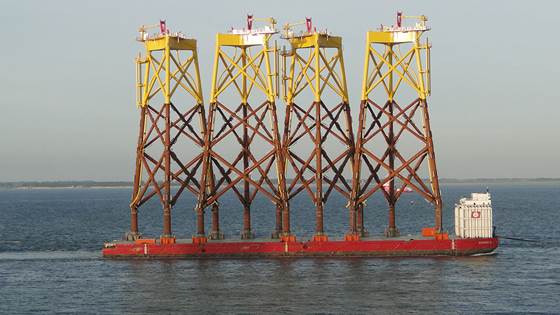
The WINDRISE project will bring together leading Norwegian players in the value chain for sustainable and scaled-up production, transport and installation of fixed offshore wind substructures.
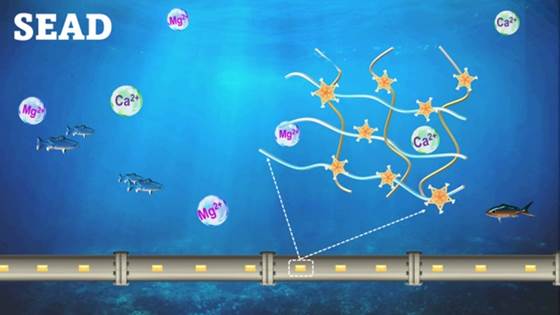
The SEAD project will explore the potential of plant-inspired pyrogallol-based compounds as adhesion anchoring sites.
The FUMO project aims to find solutions for a sustainable and growing transport system in arctic urban and industrial conditions.
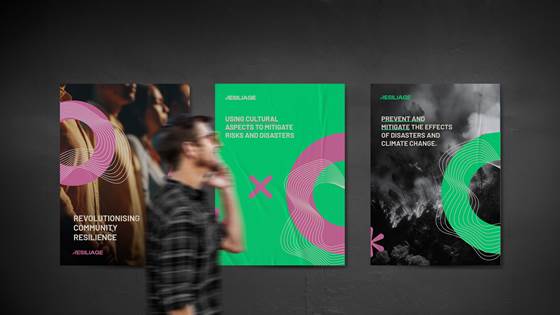
RESILIAGE will unlock Europe's hidden resource: community resilience. Through digital tools and soft solutions, it will revolutionise DRM, co-create resilient communities, inclusion, and more, with a holistic approach.
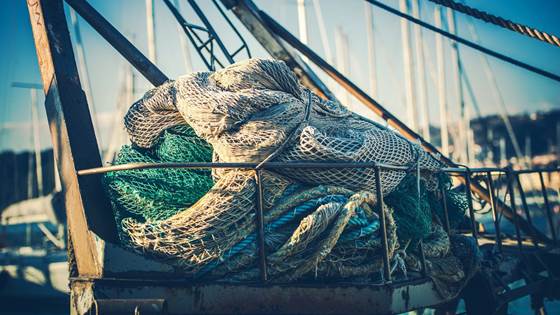
SEARCULAR’s core objective is the reduction of marine litter and microplastics generated by European fisheries (demersal trawlers, demersal seiners, tropical tuna purse seiners) and to promote circular economy practices in the fishing industry.
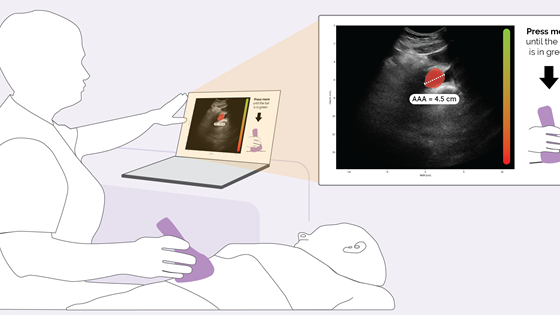
We will enable medical imaging in remote areas by using artificial intelligence to guide ultrasound in real-time. Thereby improving remote health care services and its environmental and economic sustainability.
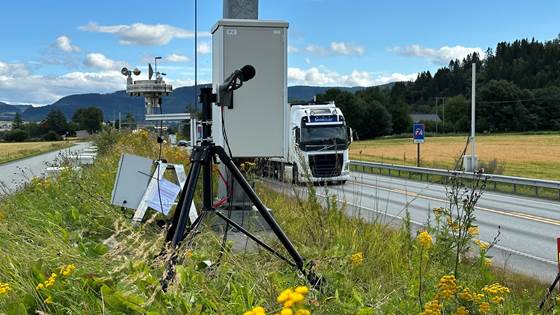
This project aims to adapt the new noise estimation methodology to Norway's unique conditions, by using large amounts of unmanned measurements and machine learning.
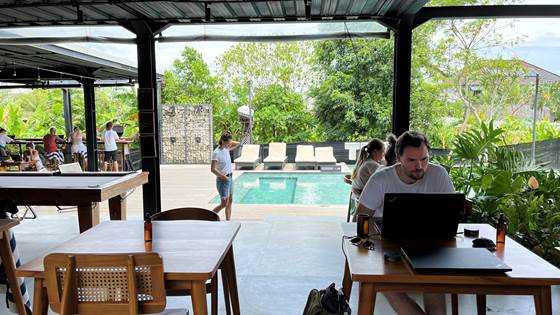
Sustainable and inclusive hybrid workplaces – anywhere and anytime?
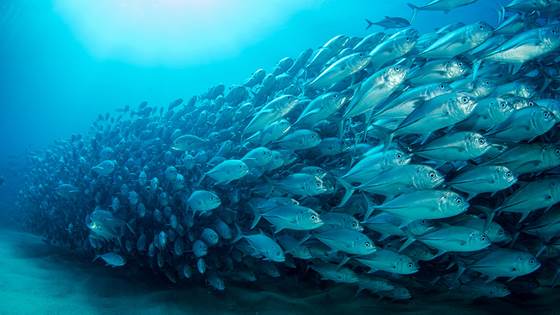
Food fraud threatens food safety, public health, and the effective functioning of market forces in the food sector. The EU co-funded project WATSON aims to reduce the risk and frequency of this type of fraud in the European market.